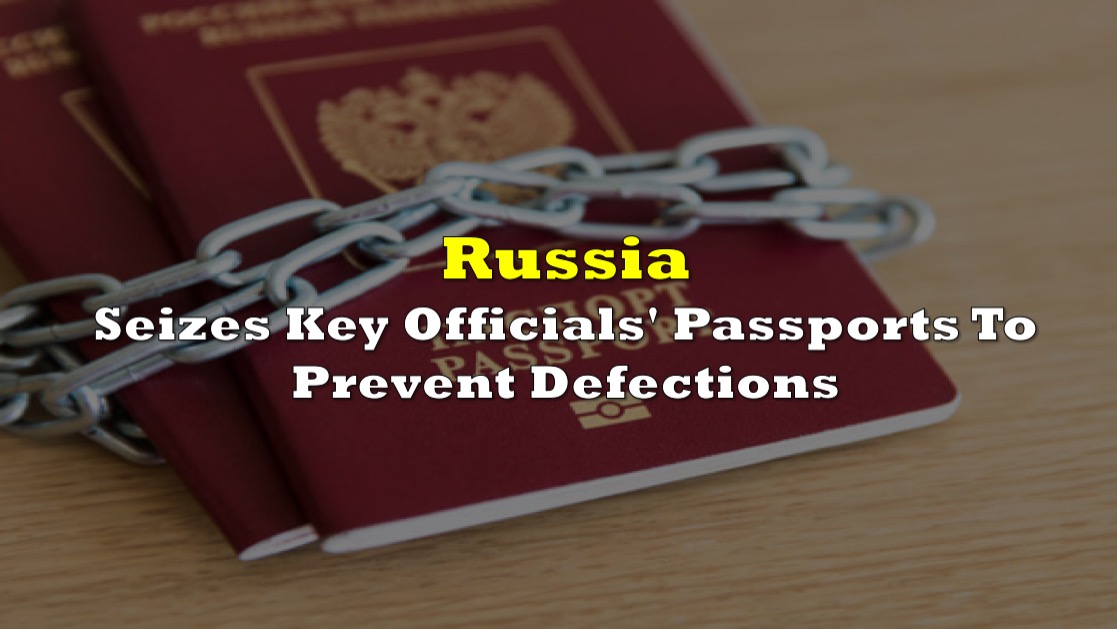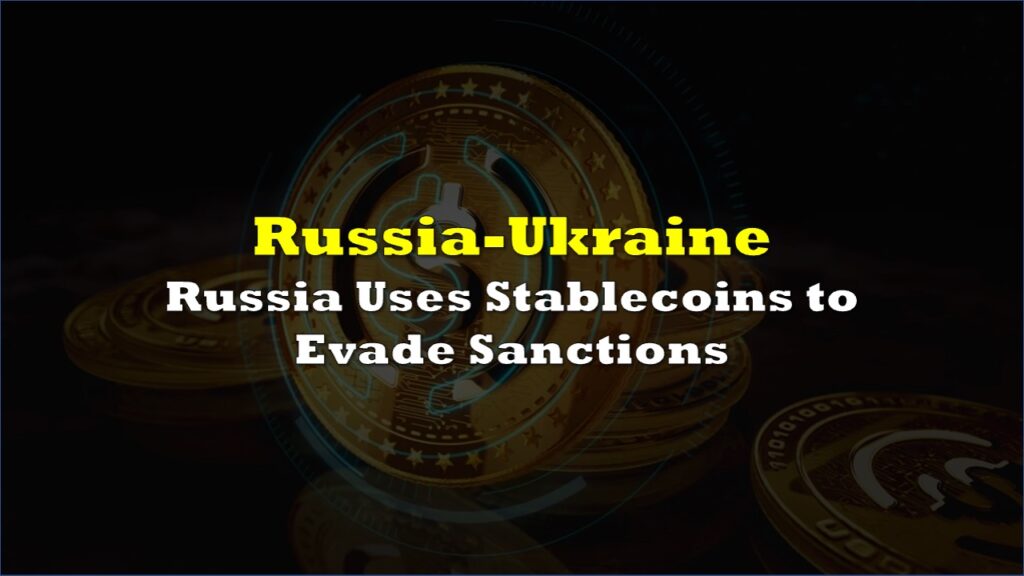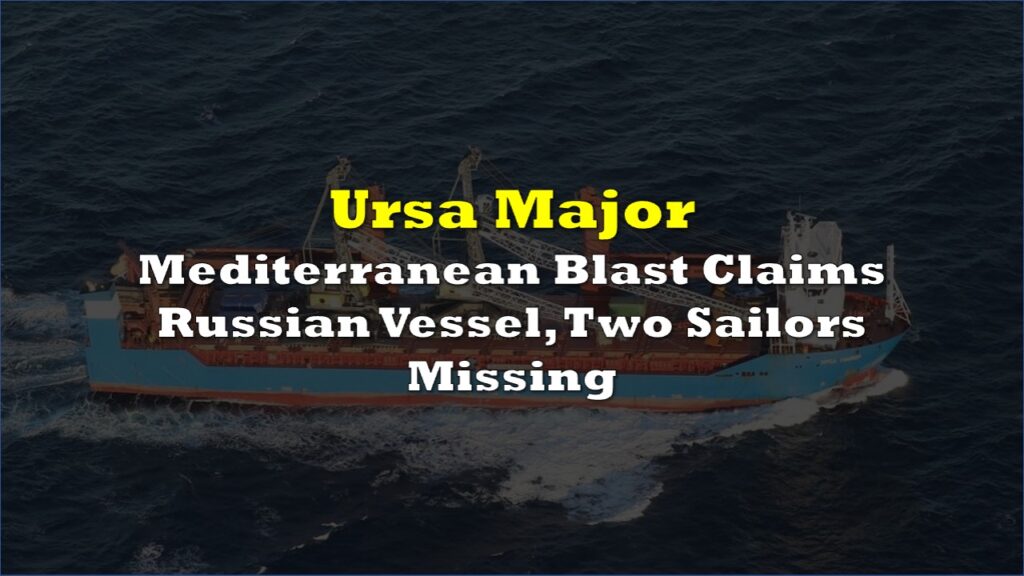Russia’s security services are seizing the passports of senior officials and executives from state-owned enterprises to prevent them from traveling abroad, as panic over leaks and defections spreads throughout President Vladimir Putin’s regime.
With Russia’s invasion of Ukraine still ongoing, security personnel inside the public sector have tightened travel regulations, requesting the surrender of travel documents from several notable persons and former officials, according to numerous people acquainted with the situation.
The intensified pressure reflects serious doubts in the Kremlin and the FSB, the KGB’s successor agency, about the loyalty of Russia’s civilian elite, many of whom privately oppose the conflict in Ukraine and are dissatisfied with the impact on their lifestyles.
Putin’s spokesperson, Dmitry Peskov, said that Russia had increased restrictions on overseas travel for those working in “sensitive” fields.
“There are stricter rules for this. In some places they are formalised and in some places they depend on a specific decision . . . about specific employees,” he told the Financial Times. “Since the start of the special military operation, more attention has been paid to this issue.”
Russian officials with access to mid-level state secrets have been compelled to deposit their passports in a safe run by the “special department” integrated in their ministries and firms since the Soviet era. According to former officials and businessmen, Russia’s security agencies rarely implemented the rules.
This changed with the invasion of Crimea in 2014, when security services began warning against traveling to countries such as the United States or the United Kingdom. According to the sources, during the full-scale invasion of Ukraine last year, restrictions were implemented considerably more liberally and rely mainly on the whims of individual security personnel ensconced in state institutions.
Security officers are reportedly asking former officials who previously had access to state secrets, even some of those who never had access, to surrender their passports.
According to Alexandra Prokopenko, a former Russian central bank official, passport limitations have now extended beyond those with security clearance.
“Now they are coming to certain people and saying, ‘please hand in your red civilian passports, because you have access to sensitive information for the motherland, so we want to control your movements’,” she said. “Basically any information can be deemed secret, so the embedded FSB officers start telling you that you have sensitive information. What is it? Why is it secret and who decides that? Nobody knows.”
The moves come as the elite’s dissatisfaction with the failing war effort and its impact on their lifestyles intensifies. Formerly able to spend their fortunes on mansions, yachts, and boarding schools for their children in the West, Russian officials and oligarchs are now resentful of being restricted to countries that are not deemed “unfriendly,” according to several members of the elite who spoke to the Financial Times.
Russia is continually being iced out by the Western nations through a series of sanctions while Moscow continues its war against Ukraine. The leaders of the European Parliament and the Council of the EU have already mandated that no passport or other document produced by Russia in the unlawfully occupied areas of Ukraine and Georgia would be accepted in European Union countries.
Fearing the appearance of losing bravado in international stage, the country has been making efforts to hold its citizens within the borders, especially after Putin instituted private mobilization to augment its military forces.
Russian ruble continues to fall against the US dollar, erasing its gains sustained following the start of its war with Ukraine.

Kyrgyz passports
Instead, Russians are increasingly interested in obtaining Kyrgyz passports in order to leave the country. Private Russian enterprises offer the Asian country’s passport as a gateway to later travel, study, and live in Western nations.
Kyrgyzstan and Russia do not have a treaty on dual citizenship. Nonetheless, both countries’ laws allow their individuals to hold multiple nationalities.
Hundreds of thousands of Russians have fled their nation since the invasion, fearing the economic consequences of the conflict and the possibility of being drafted into the armed services.
Affluent individuals have purchased homes and established businesses in nations such as the United Arab Emirates, Thailand, and Israel, opening the door for long-term residency. But many Russians, mostly from the middle class, fled to neighboring countries such as Armenia, Georgia, Uzbekistan, Kazakhstan, and Kyrgyzstan.
Open The World, a Russian company, meanwhile is offering services to obtain Kyrgyz citizenship for Russian clients for a comparatively low fee of $1,500 in up to 18 months.
According to official estimates from Bishkek, the number of Russian people requesting a Kyrgyz passport has more than quadrupled since the crisis began in February 2022.
In the Kyrgyz Population Registration Service records, 1,631 Russian citizens filed for Kyrgyz passports between January and September of 2022. This represents a 400% increase over the same period in 2021, when 385 Russian citizens filed for Kyrgyz citizenship.
According to the agency, a total of 226 and 603 Russian nationals would be granted Kyrgyz citizenship in 2021 and 2022, respectively.
A list of persons granted Kyrgyz citizenship on October 26 of last year reveals ethnic Kyrgyz and Russians among those receiving a passport. Several people with Russian names and surnames who were born in Moscow, St. Petersburg, Chelyabinsk, and other Russian cities are on the list.
Some 30,000 Russians arrived in Kyrgyzstan in 2022, representing the highest Russian migration to the country in decades.
Information for this briefing was found via Financial Times, Radio Liberty, and the sources mentioned. The author has no securities or affiliations related to this organization. Not a recommendation to buy or sell. Always do additional research and consult a professional before purchasing a security. The author holds no licenses.









